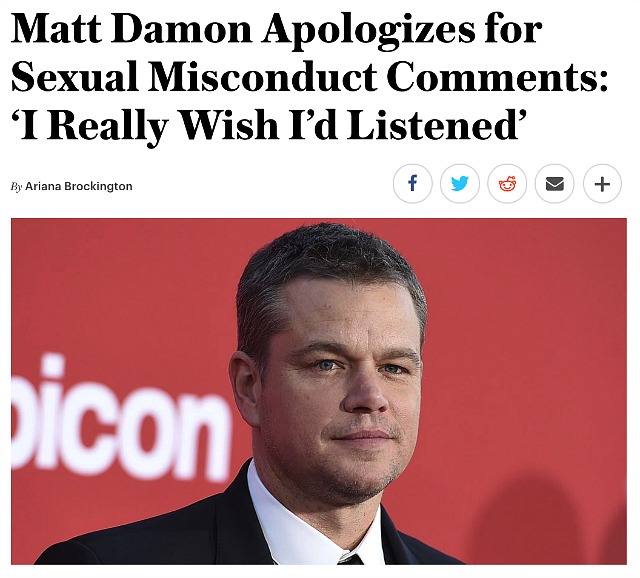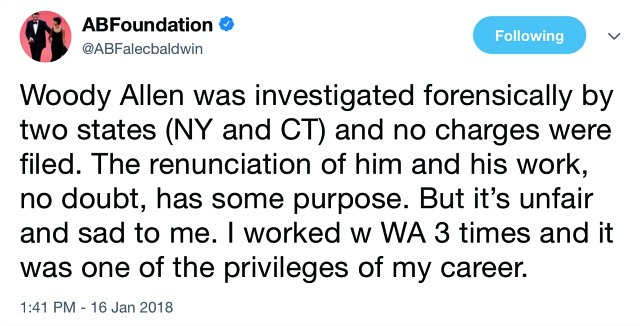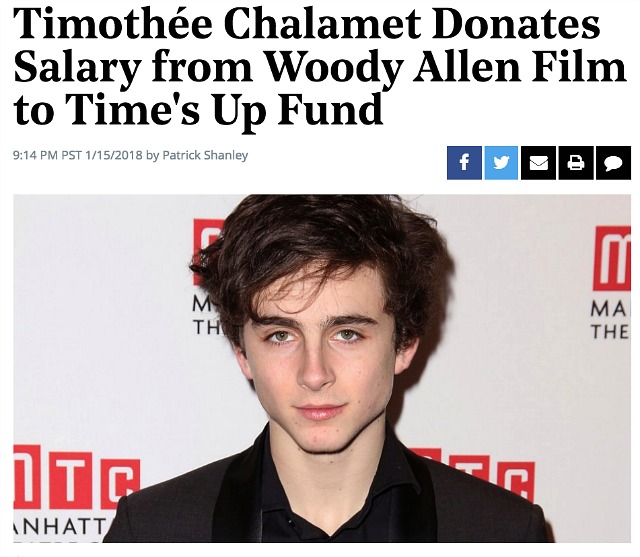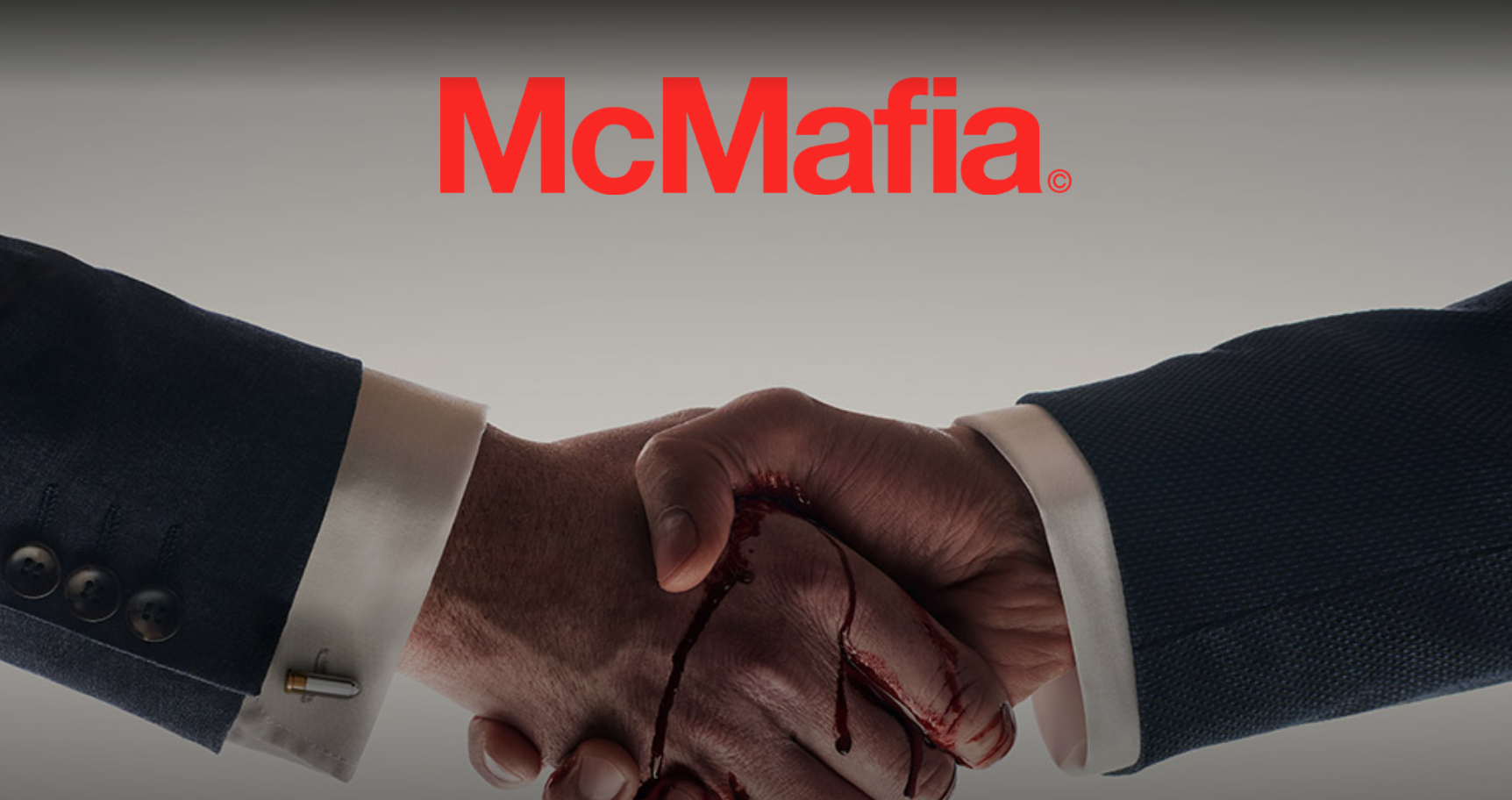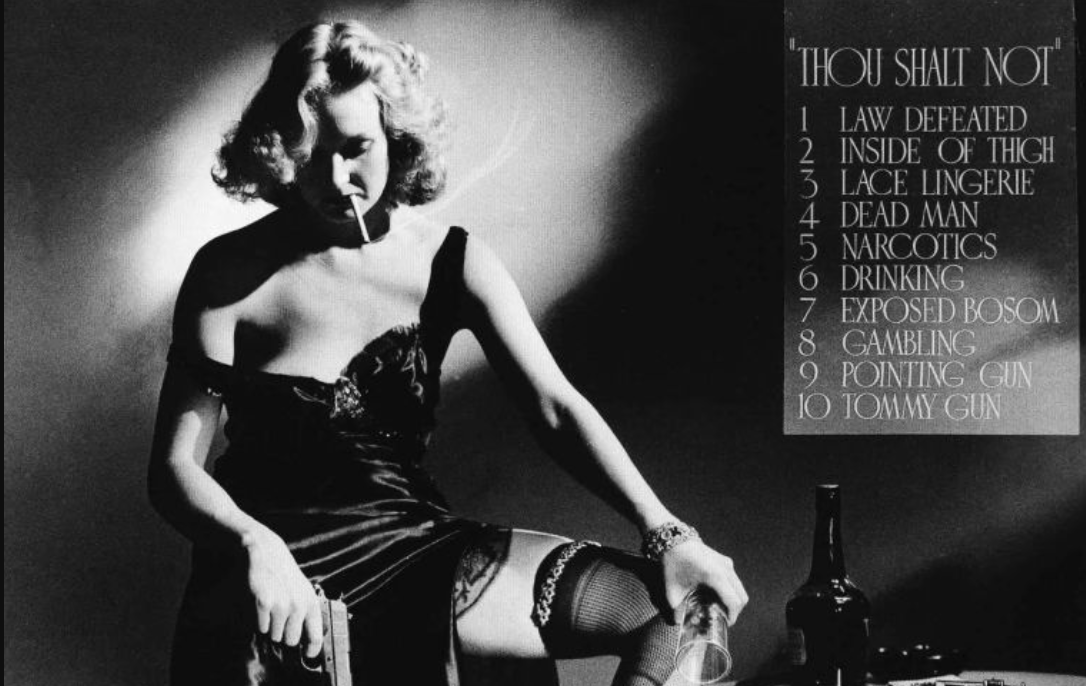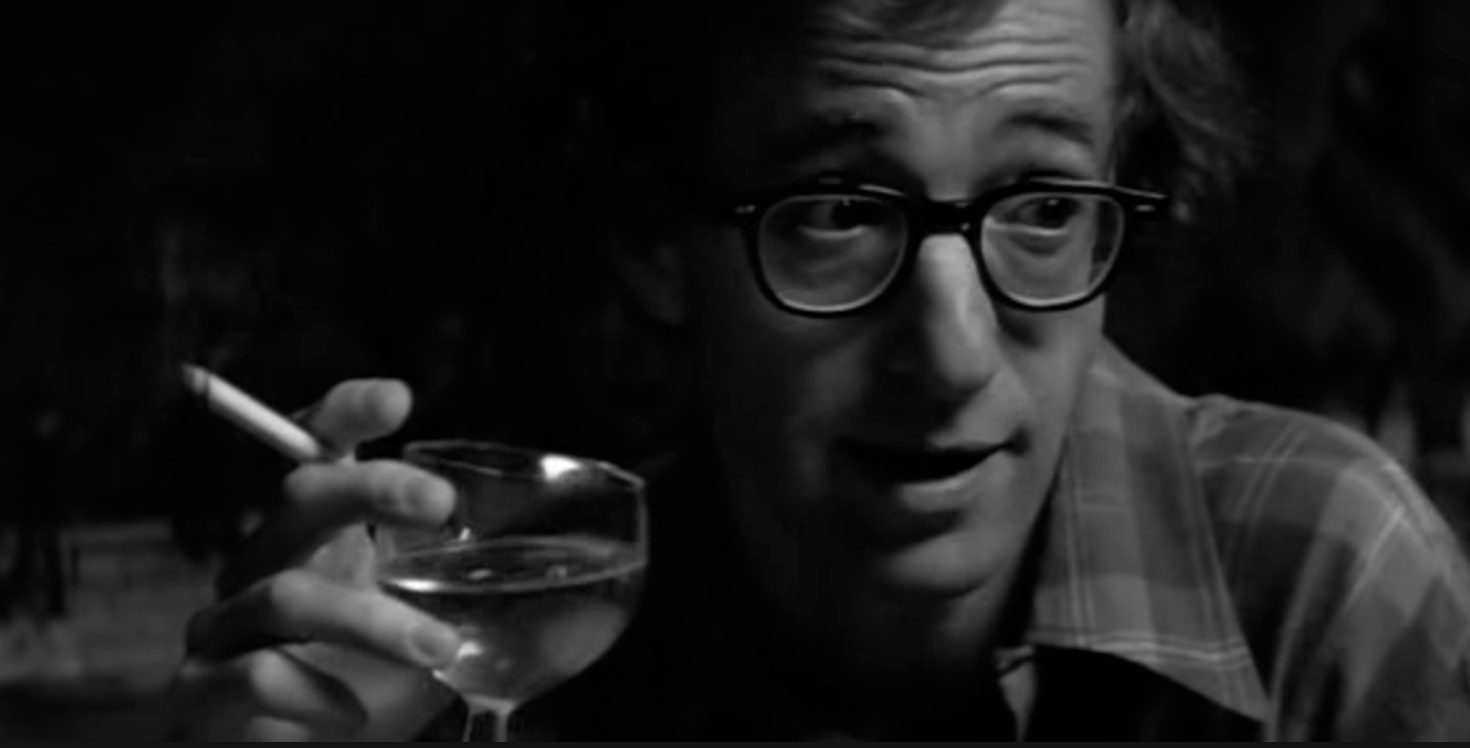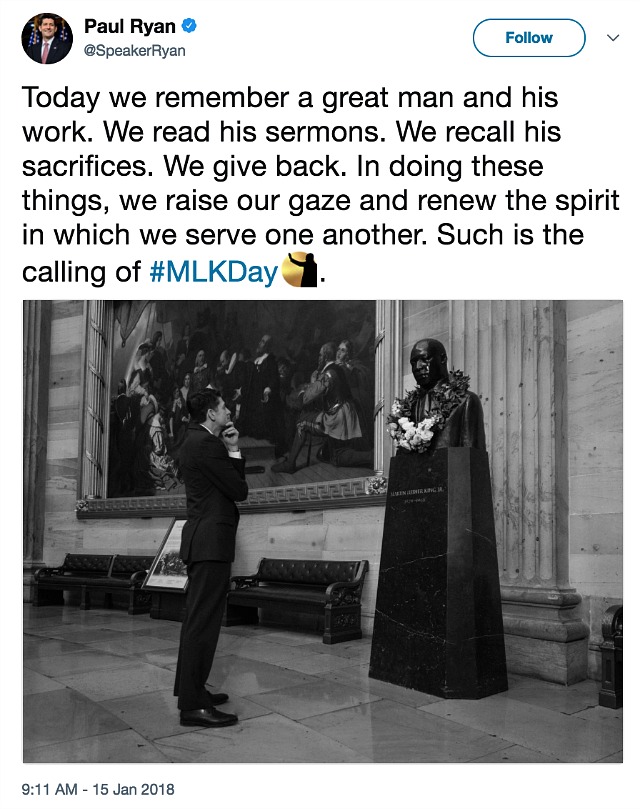“I have been asked in a few recent interviews about my decision to work on a film with Woody Allen last summer,” Timothy Chalamet said on Instagram Monday evening. “What I can say is this: I don’t want to profit from my work on the film, and to that end, I am going to donate my entire salary to three charities: TIME’S UP, the LGBT Center in New York and RAINN.”
In other words, Chalamet considers his fee for acting in Allen’s A Rainy Day in New York to be dirty money, which is tantamount to calling Allen a dirty filmmaker, or more precisely a guilty filmmaker.
Along with other actors, Chalamet has presumably arrived at this belief by way of faith and solidarity with Dylan Farrow and her longstanding charge that Allen sexually abused her as a child. It’s well known that facts, evidence, two investigative agencies and Farrow’s own brother, Moses Farrow, strongly dispute Dylan’s recollection, but that’s not Chalamet’s concern at this point.
The 22 year-old actor is playing it smart for the sake of his career and the maintaining of a progressive, forward-looking, Time’s Up-embracing industry profile among his contemporaries. It is far easier and safer to throw in with the anti-Woody gang (Greta Gerwig, Mira Sorvino, Rebecca Hall, Natalie Portman, Reese Witherspoon). Throw the 82 year-old filmmaker under the bus, terminate his career, wash your hands.
Chalamet had no choice, right? His career would have definitely been hurt if he’d taken Allen’s side or adopted a neutral posture. He had to join the throng.
Hollywood Elsewhere has been saying all along that Chalamet’s Call Me By Your Name performance is far richer and miles above Gary Oldman‘s broad performance as Winston Churchill in Darkest Hour. But I can’t honestly say that I admire Chalamet at this point in time, or that tonight’s statement has shown him to be a man of balls and character.
For the 17th time, the facts are right here in Robert Weide’s 12.13.17 piece, “Q & A With Dylan Farrow.” I realize that facts are secondary in this matter, but they should matter to some degree…no?




